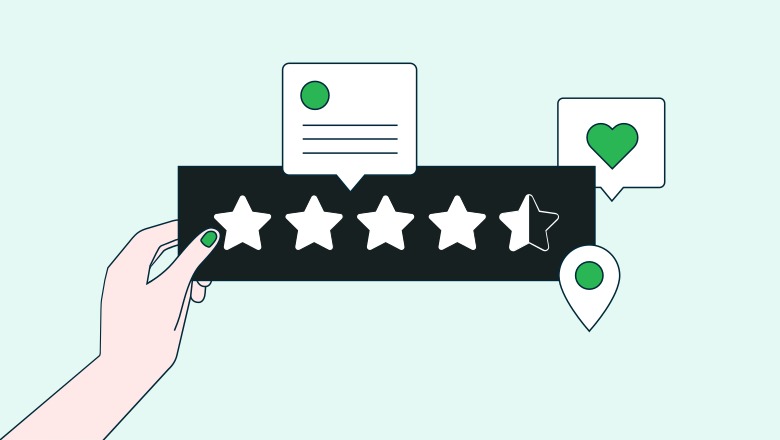In today’s digital age, social media platforms have become integral parts of our lives. We use them to connect, share, and express ourselves. However, the very nature of social media can sometimes lead to unforeseen challenges, especially concerning our online reputation. This article delves into the importance of social media reputation monitoring, offering insights into why it matters and how individuals and businesses can safeguard their online presence effectively.
Social Media Reputation Monitoring: The Ultimate Guide

Understanding Social Media Reputation
1. What Is Social Media Reputation?
Social media reputation refers to the public perception of an individual, brand, or organization based on their online presence, activities, and interactions on social media platforms.
2. The Impact of Social Media Reputation
A positive online reputation can enhance trust, credibility, and customer loyalty, whereas a negative reputation can lead to distrust, lost opportunities, and damaged relationships.
Why Social Reputation Monitoring Is Crucial
1. Identifying Potential Threats
By actively monitoring social media platforms, individuals and businesses can identify negative mentions, comments, or reviews promptly. This allows them to address issues before they escalate.
2. Managing Online Crisis
Social media reputation monitoring enables swift responses to crises. Timely interventions can prevent misinformation from spreading and help in damage control.
3. Improving Customer Relationships
Monitoring social media interactions allows businesses to engage with customers proactively. Addressing concerns and feedback positively enhances customer satisfaction and loyalty.
Tools and Strategies for Effective Monitoring
1. Social Media Monitoring Tools
Several tools, such as Brandwatch, AIM Insights, and Mention, offer real-time tracking of social media activities, allowing individuals and businesses to stay informed about their online reputation.
2. Setting Up Alerts and Notifications
Configuring alerts for specific keywords or mentions ensures that individuals and businesses are instantly notified of any online activities related to them. This proactive approach enables timely responses.
3. Analyzing Data and Feedback
Regularly analyzing social media data and feedback provides valuable insights into trends and public sentiment. This information can guide decision-making and reputation management strategies.
Best Practices for Social Reputation Management
1. Authenticity and Transparency
Being authentic and transparent in online interactions builds trust with the audience. Genuine communication fosters positive relationships and bolsters reputation.
2. Consistent Branding
Maintaining consistent branding across all social media platforms reinforces brand identity. Consistency enhances recognition and establishes a professional online presence.
3. Responding Thoughtfully
Responding to negative comments or reviews thoughtfully and professionally demonstrates empathy and a commitment to resolving issues. It showcases a brand’s dedication to customer satisfaction.
Conclusion
In the digital landscape, social media reputation monitoring is not just a choice; it’s a necessity. By actively engaging in reputation management, individuals and businesses can protect their online image, build trust, and foster positive relationships with their audience. Embracing the power of social media reputation monitoring ensures a resilient online presence in the face of challenges.
Are you ready to take control of your online reputation? Request a demo from AIM Technologies today and discover how our advanced monitoring tools can safeguard your brand image effectively. Don’t leave your reputation to chance – act now!
FAQs
Q1: Why is social reputation monitoring essential for individuals?
- Social reputation monitoring is crucial for individuals to protect their personal and professional image, prevent identity theft, and maintain healthy online relationships.
Q2: Can social reputation monitoring help businesses in gaining a competitive advantage?
- Yes, businesses can gain a competitive advantage by monitoring their social media reputation. It helps in understanding customer preferences, addressing competitors’ weaknesses, and enhancing overall brand perception.
Q3: How frequently should social media reputation be monitored?
- Social media reputation should be monitored regularly, ideally daily. Timely responses to online activities are key to effective reputation management.
Q4: Are there free tools available for social reputation monitoring?
- Yes, there are free social media monitoring tools like Google Alerts and Social Mention. However, premium tools often provide more comprehensive features and detailed insights.
Q5: Can social reputation monitoring be automated?
- Yes, social reputation monitoring can be automated using various tools. Automation helps in real-time tracking and timely responses to online activities.


